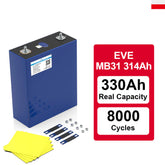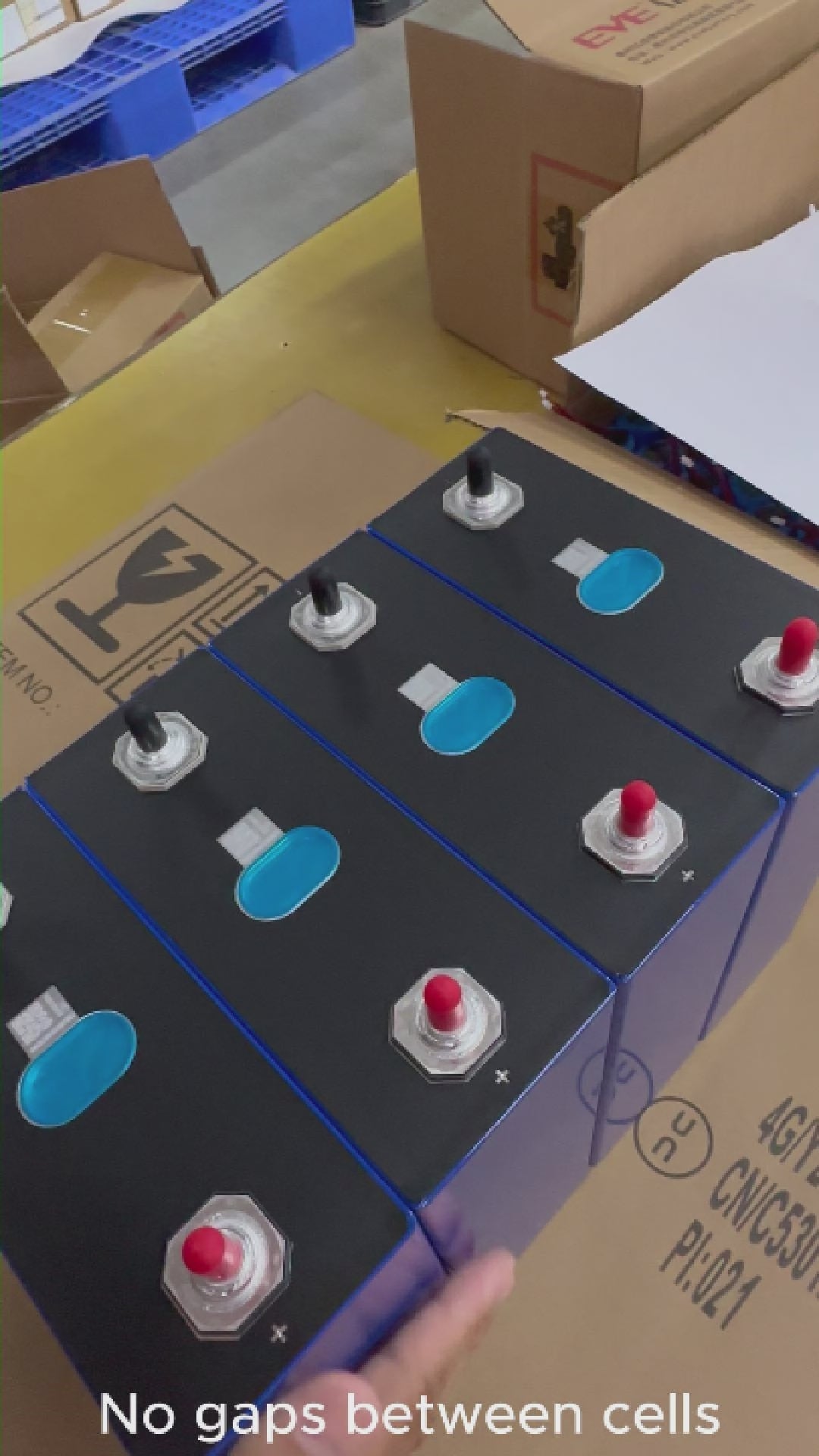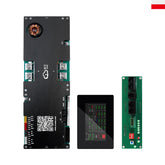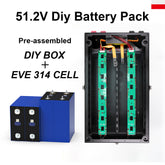Choosing Between Carbon Zinc and Alkaline Batteries A Complete Guide
Choosing Between Carbon Zinc and Alkaline Batteries: A Complete Guide
When it comes to powering everyday devices, choosing the right battery can make a significant difference in performance, cost, and environmental impact. This guide will compare two of the most commonly used types: Carbon Zinc and Alkaline. Whether you’re buying batteries for household gadgets or industrial tools, understanding the strengths and limitations of each battery type is crucial. This comprehensive guide will help you make an informed decision between Carbon Zinc and Alkaline batteries.
- Understanding Battery Basics
- Battery Chemistry: Carbon Zinc vs. Alkaline
- Battery Performance Comparison
- Battery Cost and Availability
- Battery Applications
- Battery Environmental Impact
- Battery Disposal and Recycling
- Battery Lifespan and Maintenance
- Battery Safety Considerations
- Battery Innovations and Future Trends
Understanding Battery Basics
What Is a Battery?
A battery is an electrochemical device that converts stored chemical energy into electrical energy. It consists of one or more electrochemical cells, each containing a positive electrode (cathode), a negative electrode (anode), and an electrolyte.
Types of Batteries
Batteries come in many types, but the two most common for consumer electronics are Carbon Zinc and Alkaline batteries. Each has distinct properties, advantages, and disadvantages that affect their performance and suitability for different applications.
Battery Chemistry: Carbon Zinc vs. Alkaline
Carbon Zinc Battery Chemistry
Carbon Zinc batteries are the oldest type of dry cell battery. They use a zinc anode and a carbon rod cathode surrounded by manganese dioxide. The electrolyte is a paste made from ammonium chloride and zinc chloride.
Alkaline Battery Chemistry
Alkaline batteries also use a zinc anode and a manganese dioxide cathode but with an alkaline electrolyte, typically potassium hydroxide. This difference in electrolyte is key to their superior performance and longevity.
>>See also 36V LiFePO4 Cell Charge and Discharge Voltage Guide
Battery Performance Comparison
Energy Density
Alkaline batteries have a significantly higher energy density compared to Carbon Zinc batteries. This means they can power devices for longer periods.
Shelf Life
Alkaline batteries can be stored for 5–10 years, while Carbon Zinc batteries typically last around 2–3 years before they degrade.
Voltage Stability
Alkaline batteries maintain a more consistent voltage output over their discharge cycle. Carbon Zinc batteries tend to show a decline in voltage early on, affecting device performance.
Battery Cost and Availability
Price Comparison
Carbon Zinc batteries are generally cheaper to produce and purchase. However, they may not be cost-effective in the long run due to their shorter lifespan and lower performance.
Availability
Both battery types are widely available, but Alkaline batteries dominate the market due to their better performance and longer shelf life.
Battery Applications
Ideal Uses for Carbon Zinc Batteries
Carbon Zinc batteries are suitable for low-drain devices such as:
- Remote controls
- Wall clocks
- Flashlights (used occasionally)
Ideal Uses for Alkaline Batteries
Alkaline batteries are better for high-drain or frequently used devices like:
- Digital cameras
- Game controllers
- Electric toothbrushes
Battery Environmental Impact
Carbon Zinc Battery Impact
Carbon Zinc batteries contain fewer harmful substances and are less of an environmental hazard. However, they still contribute to landfill waste if not recycled.
Alkaline Battery Impact
Alkaline batteries are less toxic than other types (like NiCad), but they still contain metals that can be harmful if not properly disposed of. Many manufacturers now produce mercury-free Alkaline batteries to reduce environmental risks.
Battery Disposal and Recycling
Recycling Practices
Both Carbon Zinc and Alkaline batteries can be recycled, but the process differs by region. It’s essential to follow local guidelines for battery disposal.
Safe Disposal Tips
- Do not throw batteries in the trash
- Use dedicated battery recycling bins
- Tape terminals to prevent fire hazards during storage
Battery Lifespan and Maintenance
Carbon Zinc Battery Lifespan
Generally shorter, lasting only a few months in moderate use conditions. Not suitable for long-term use or high-drain devices.
Alkaline Battery Lifespan
Last significantly longer, even under moderate to high drain. Alkaline batteries are a more reliable option for long-term usage.
Storage Tips
- Keep batteries in a cool, dry place
- Avoid mixing old and new batteries
- Remove batteries from unused devices to prevent leakage
>>See also Complete Guide to Golf Cart Size Including Width Length and Height
Battery Safety Considerations
Leakage and Corrosion
Carbon Zinc batteries are more prone to leakage, especially when over-discharged. Alkaline batteries are generally safer but can also leak if stored improperly.
Short-Circuit and Overheating
Avoid mixing battery types or inserting them incorrectly. Always use the battery type recommended by the device manufacturer.
Battery Innovations and Future Trends
Rechargeable Alkaline Batteries
New technologies have led to rechargeable Alkaline batteries, which offer longer life cycles and lower waste.
Eco-Friendly Battery Alternatives
Manufacturers are exploring biodegradable materials and safer chemistries to reduce environmental impact.
How to Choose the Right Battery
Consider Device Requirements
Check the device’s power needs. High-drain devices benefit from Alkaline batteries, while low-drain gadgets can function well with Carbon Zinc.
Evaluate Total Cost of Ownership
While Carbon Zinc batteries have a lower upfront cost, Alkaline batteries often provide better value due to their extended lifespan.
Environmental Responsibility
Choose recyclable or eco-friendly battery options when possible. Look for certified recycling programs in your area.
Final Thoughts on Battery Selection
Choosing between Carbon Zinc and Alkaline batteries depends on your specific needs. Alkaline batteries provide superior performance, longer life, and greater reliability, making them ideal for most modern devices. Carbon Zinc batteries are suitable for simple, low-power applications and can be more cost-effective for short-term use. By understanding the differences in chemistry, performance, and environmental impact, you can make smarter decisions when selecting a battery.
Ultimately, the right battery can enhance your device's efficiency and reduce long-term costs, so take the time to choose wisely. If you need consistent, long-term power, Alkaline is usually the better choice. However, for short-term or infrequent use, Carbon Zinc may suffice. Whatever you choose, ensure proper disposal to minimize environmental harm.
Remember, choosing the correct battery is not just about price—it's about performance, safety, and sustainability. Make the right battery choice today!
























Leave a comment
All blog comments are checked prior to publishing